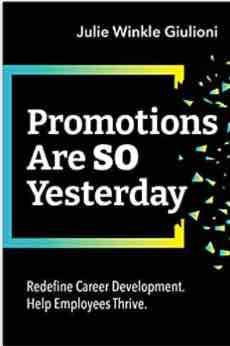Getting a promotion has never been so hard. The economy is in constant flux and burnout is running high, especially among women. One question many are asking these days is, “Do I even want a promotion? And if I’m unsure, why should I stay here?”
These words put chills down the spines of managers. Facing uncertainty many leaders can’t offer a lot of promotions to their teams and may find their top performers too tired to want them anyway.
Employee turnover costs businesses in real dollars as work is left undone and remaining employees who bear the burden burn out faster. So the eternal question, for workers and their managers both is, how do I motivate someone who wants a promotion I can’t give them, or doesn’t want a promotion at all?
Motivation Through Career Development
Most of us default to thinking the primary way to motivate the workforce is through getting a promotion for bigger title, more responsibility and more money. But for many reasons including those noted above, motivating yourself–or your team-with the “carrot” of more money or a bigger title is pretty passé. Yet as The Great Resignation/Rethink/Reshuffle continues, employee engagement and retention becomes an urgent challenge for every manager in 2022.
I recently interviewed Julie Winkle Giulioni about her book Promotions are SO Yesterday for strategies managers can use to motivate their employees without the option for getting a promotion. Her message: it’s time to look beyond traditional incentive structures. It’s time to focus on growing workers into strong, confident and empowered employees in order to achieve lower “cost” results by limiting turnover and building loyalty to their employer.
In our discussion (recorded below) Julie shared her research-based Multidimensional Career Framework – and actionable ways managers can develop, engage and retain employees
Here’s a high-level run down of the video discussion above:
- 0 min: opening & setup
- 2 min: why Julie wrote the book
- 5 min: research highlights
- 11:45 min: The Multidimensional Career Framework Model
- 19:30 min: the manager’s role in career development
- 31:15 min: “confidence” and the imposter syndrome as a motivator
- 45 min: the importance of “autonomy”
- 50 min: tools for managers
I really loved Julie’s book. It’s chalk full of practical tools and strategies managers can use in employee 1-1’s to engage them in many aspects of career development, far beyond “getting a promotion.” Buy it today.








